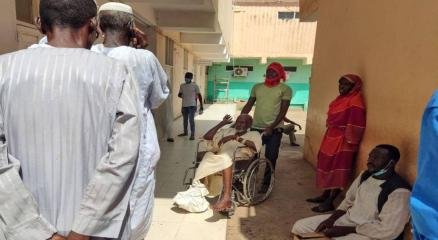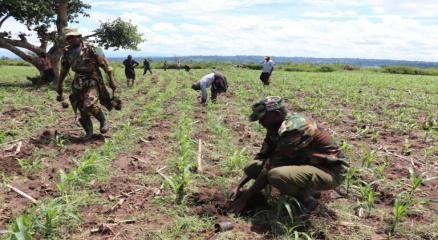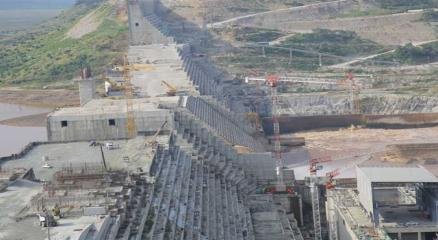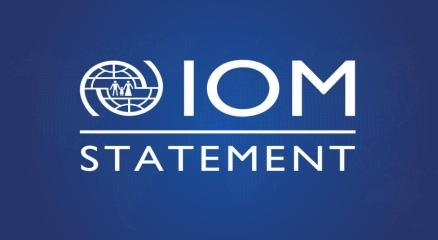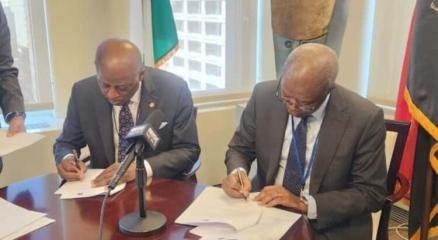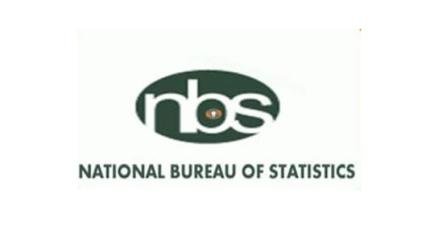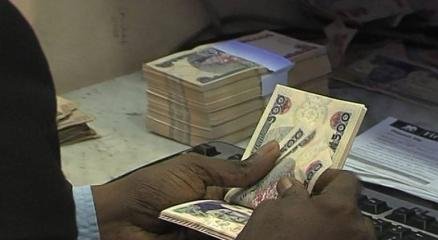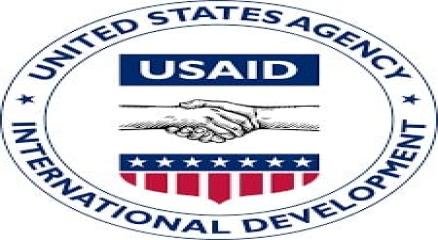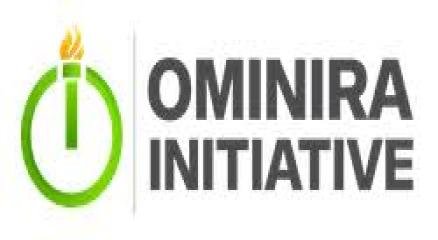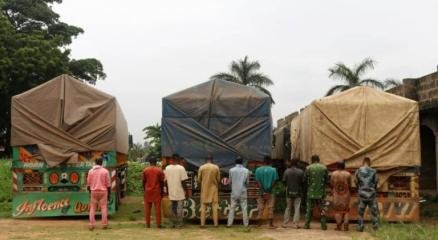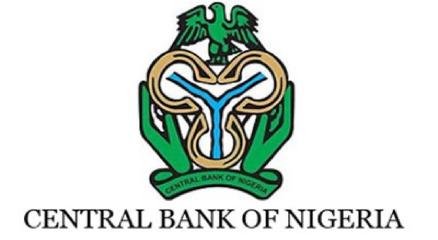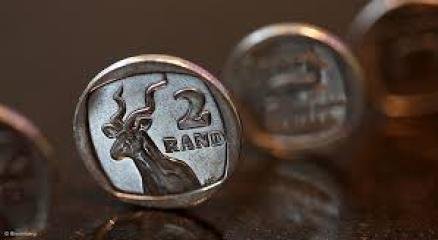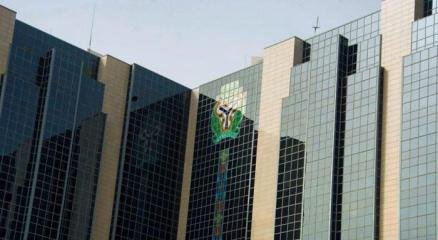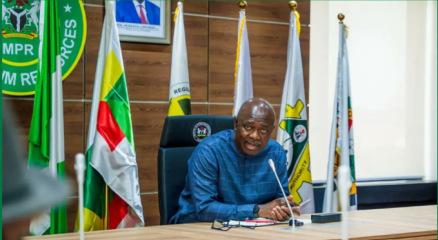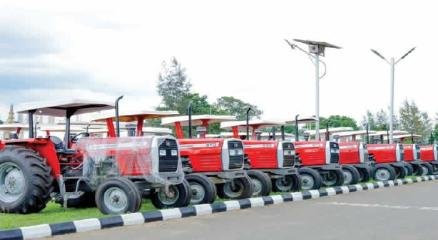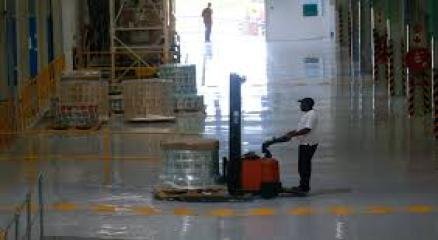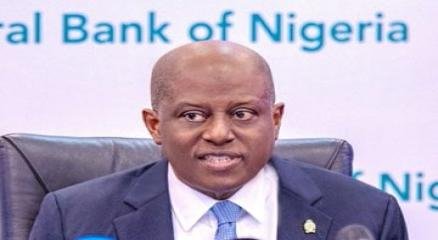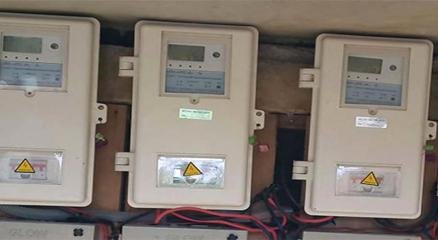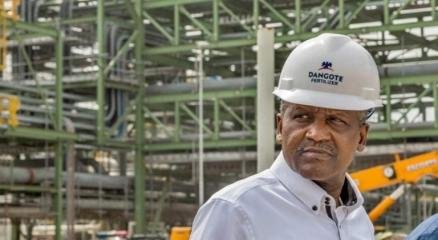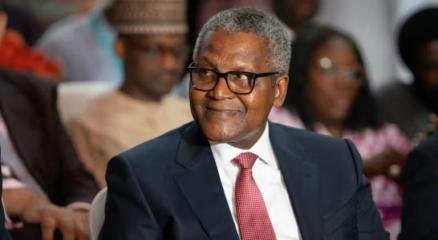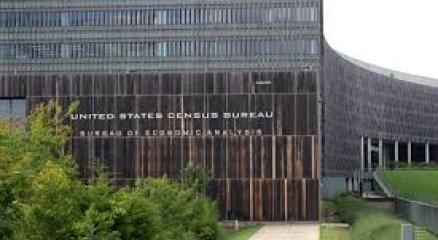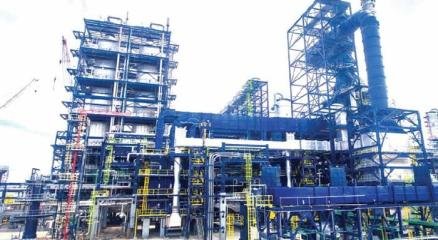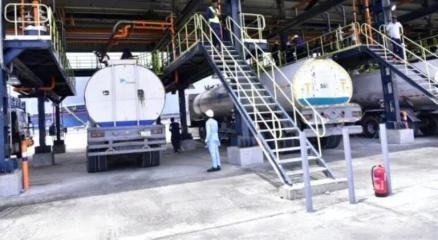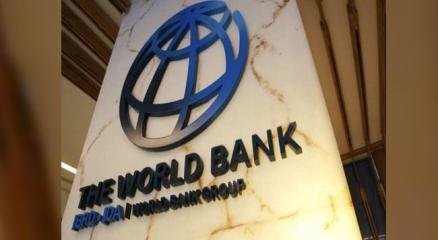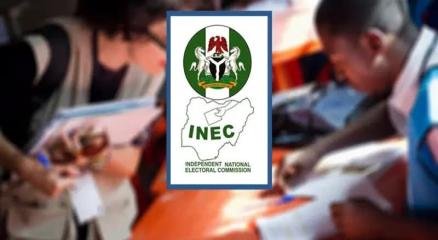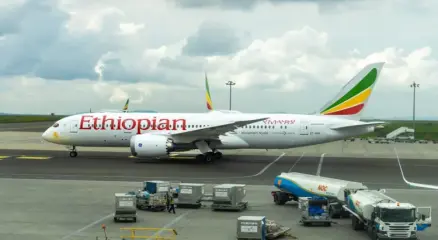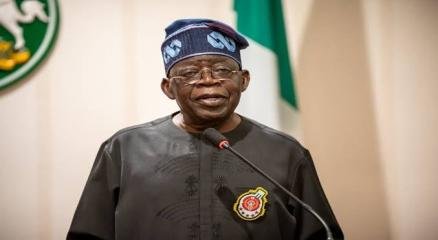Nigeria: Union-imposed truck charges cause fuel price hikes – Dangote
Lagos, Nigeria — Africa’s richest man, Aliko Dangote, has blamed rising fuel prices on excessive charges imposed by transport unions on trucks moving petroleum products.
Speaking on the issue, Dangote explained that the added levies have significantly increased the cost of logistics, which in turn is passed on to consumers at filling stations. He warned that if unchecked, the practice could worsen Nigeria’s inflationary pressures and undermine efforts to stabilize fuel supply.
Industry analysts note that transport costs make up a large share of petroleum distribution expenses, making union-imposed charges a critical factor in final pump prices.
Nigeria’s Dangote Fuel Exports Surge Amid Foreign Refineries’ Shutdown
The Dangote Petroleum Refinery in Lagos, Nigeria has recorded a sharp increase in fuel exports as several foreign refineries continue to experience shutdowns due to maintenance and operational challenges.
Industry experts say the disruptions in overseas refining capacity have created supply gaps in regional and global markets, positioning the $20 billion Lagos-based refinery as a key supplier. The refinery, Africa’s largest, has already begun exporting refined products such as diesel and aviation fuel to markets across West Africa and beyond.
Analysts note that the surge in exports highlights the strategic importance of Nigeria’s refining hub in ensuring regional energy security while also boosting foreign exchange earnings for the country.
The Dangote Refinery, with a capacity of 650,000 barrels per day, is expected to progressively expand its product range to include petrol and other derivatives as operations scale up.
Senegal: Trucks Set Ablaze as Militants Block Key Senegal-Mali Trade Route
Dakar, Senegal — Militants have attacked and blocked a major trade route between Senegal and Mali, setting trucks ablaze and disrupting the flow of goods along one of West Africa’s most vital corridors.
According to local sources, the incident occurred late Sunday night when armed groups intercepted dozens of vehicles carrying essential goods. Several trucks were torched while others were abandoned by terrified drivers fleeing the scene.
The trade route, which links Dakar to Bamako, is a critical economic lifeline for landlocked Mali. The blockade has raised fears of shortages, price hikes, and further insecurity in the region already grappling with militant violence.
Authorities in Senegal confirmed security reinforcements have been deployed to restore order and safeguard commercial movement, while cross-border traders have called for urgent government action to protect supply chains.
Nigeria: Importers Kick as Shipping Firm Hikes Surcharge by $500
Importers in Nigeria have raised strong objections following a decision by an international shipping company to increase its surcharge fees by $500 per container.
The development has sparked concerns among traders, freight forwarders, and industry stakeholders, who argue that the additional cost will further burden businesses already grappling with high exchange rates, inflation, and rising port charges.
According to clearing agents at the Lagos ports, the sudden hike is unjustifiable and could lead to higher costs of imported goods in the Nigerian market. They stressed that consumers would ultimately bear the brunt, with prices of essential commodities likely to rise.
Industry associations have called on the Nigerian Shippers’ Council (NSC) and the Federal Government to intervene, regulate shipping charges, and prevent arbitrary hikes that threaten trade facilitation.
Analysts warn that if not addressed, the surcharge increment could discourage imports and worsen Nigeria’s cost-of-living crisis.
Chairman of SAGAMA HOMES Donates Food Items to Orphanage in Kano
The Chairman of SAGAMA HOMES and SAGAMA Construction & Engineering Ltd, Alhaji Ali Nuhu, paid a special visit to an orphanage in Kano State, where he donated essential food items to support the orphans and their caregivers.
The donation included rice, pasta, cooking oil, and other essential food supplies aimed at easing the burden of the orphanage, especially at a time when the prices of food items are rising in the markets.
Speaking during the visit, Alhaji Ali Nuhu explained that the gesture was part of SAGAMA's commitment to community development, as well as a way of showing care to those who need it most.
“Caring for orphans and the less privileged is a responsibility we all share as members of the community. This donation may be small compared to the real effort required, but it is a step towards supporting these children,” he said.
The management of the orphanage expressed deep gratitude for the visit and the donation, appreciating Alhaji Ali Nuhu for his generosity and kindness. They also prayed for his continued success in all his endeavors.
This humanitarian act further demonstrates that SAGAMA Construction Ltd is not only committed to construction and infrastructure projects but also plays a vital role in supporting social welfare and caring for the less privileged in society.

